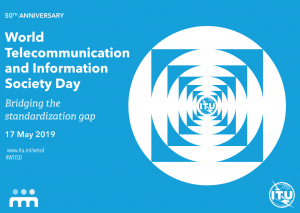Nokia has joined the Bristol Is Open initiative, becoming the first major telecoms company to participate in Bristol’s living laboratory.
Bristol Is Open (BIO) encompasses the entire city, effectively transforming it into a test bed to explore how integrated technology solutions can benefit citizens, from helping solve problems such as traffic congestion, air pollution and assisted living for the elderly to trials of self-driving cars.
“Bristol Is Open has created a lab or research and development environment, which lets us play with multiple technologies both hardware and software in a real life environment, with real life video and data,” said Cormac Whelan, Head of UK and Ireland, Nokia. “We are going to start with video, which is one of the big drivers of traffic over the networks that we help generate and build. The other key thing is going to be analytics, and so it is now about how we take the large volumes of data and apply the correct analysis to it.”
Bristol Is Open is a joint venture between the University of Bristol and Bristol City Council and is funded by local and national government and the European Union, along with academic research funding and financial backing from the private sector.
Nokia was invited to join the project because of its track record in developing solutions for smart, sustainable cities, and its long history of collaborative research, including the Nokia-founded IoT Community for cross-industries collaboration. Nokia’s application ecosystem programme ngConnect will bring an extensive range of additional applications, ideas and companies into the BIO development programme.
“There is pressure on land use within a city, where those cities are already struggling, so we need new solutions for some of our old problems in how cities work to make them more liveable and more enjoyable,” said Barney Smith, CEO, Bristol Is Open. “There is a whole mosaic of activities going on in a city for its own purposes. As well as solving our problems we also want to find out what the solutions are going forward. We are the right size in Bristol to actually try out some of these solutions and the help others.”
Small sensors, including the smartphones and, in the future, GPS devices of willing citizens, will supply information about many aspects of city life, including energy, air quality and traffic flows to the three new fast networks in the centre of the city. The high-powered operating system developed by Bristol University will host this machine-to-machine communication, allowing the development of a range of applications that are linked to the sensors and actuators deployed across the city.
This article originally appeared in Cities Today.
Cities Today is a global magazine containing analysis, comment and best practices on sustainable urban development, connecting local governments with public and private sector solutions.
Source of Article



